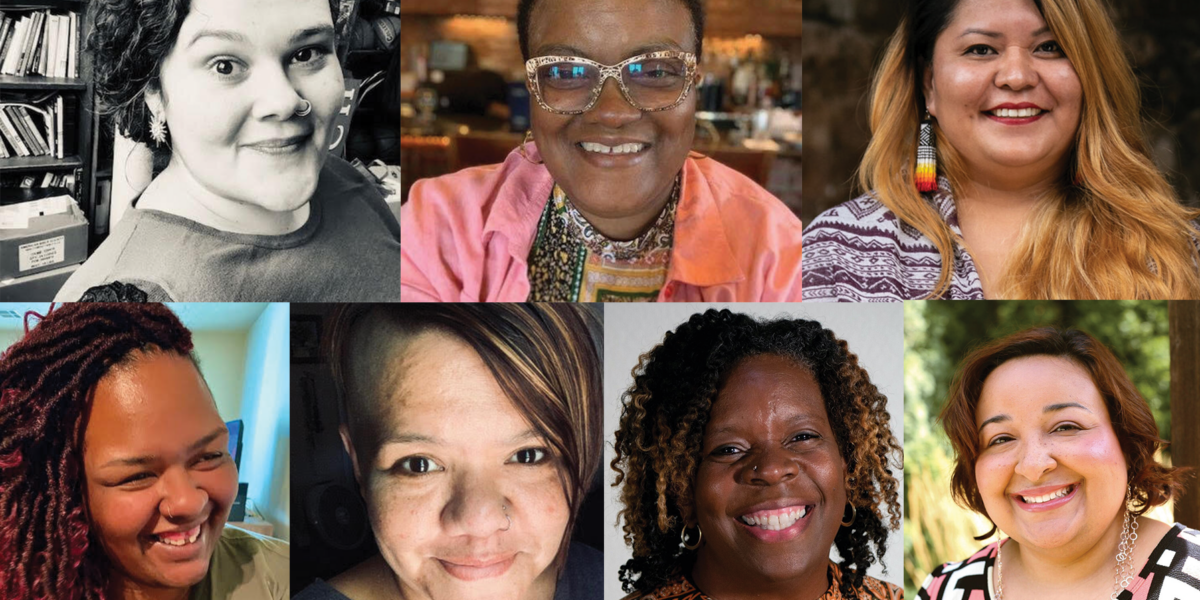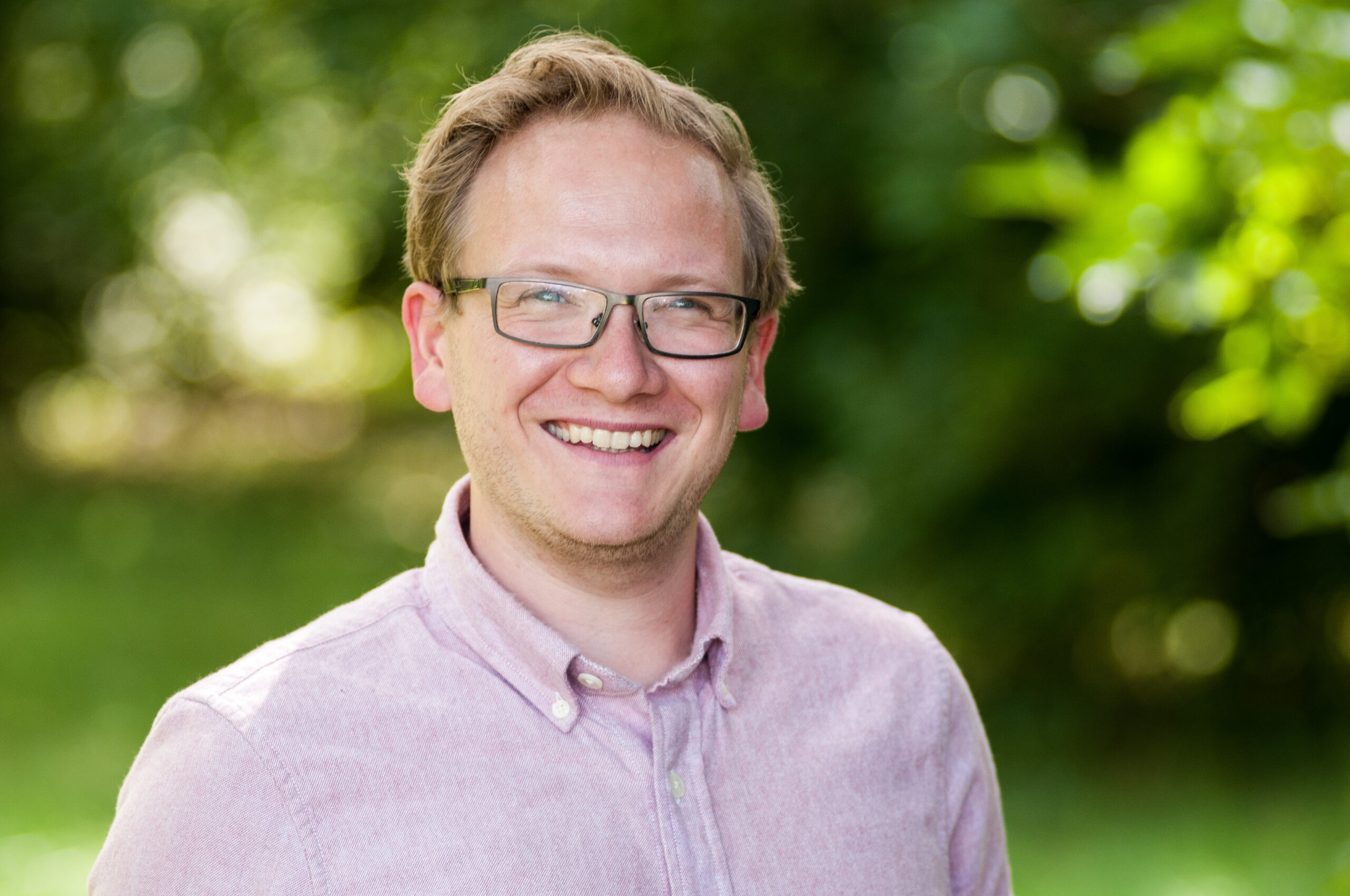NEWTON, Kansas (Mennonite Mission Network) — At the start of the "Women of Color Post-Election Talkback" webinar Nov. 7, the U.S. presidential election had yet to be called. Votes and totals had been being counted and disputed since election night, four days earlier.
Fittingly, the webinar — the seventh, and final, in the DOOR (Discovering Opportunities for Outreach and Reflection) Teaching Collective series — opened with a breathing exercise.
"You all who are watching probably, like us, have been trying to find ways to make it through the last week," said Lindsey Anderson, co-pastor at Love Rising Lutheran Church in Detroit. The other five panelists, who had each led or co-led the six previous webinars in the series, followed her instructions.
"Just take a deep breath, in and out."
"Let your shoulders come down, away from your ears."
"Unclench that jaw."
Halfway through the morning webinar, the presenters’ phones chimed and pinged in unison. "Hey y’all, we just saw in the [Zoom] chat that CNN just called it," Amy Kim Kyremes-Parks said. "I got a text, and it says, ‘Joe Biden elected president.’"
Kyremes-Parks, director of children and family ministry at Grace Covenant Presbyterian Church in Asheville, North Carolina, set her phone down and continued speaking on the topic at hand: the unfair expectation that people of color in positions of power speak for their entire communities.
Since beginning in September, the DOOR Teaching Collective series has offered a virtual space for discussions centered around race, gender, trauma and healing. Each webinar has been led by a member of the Teaching Collective, a group of seven women of color from diverse backgrounds and experiences. The series, hosted by DOOR, is part of the organization’s recent push into webinars, online teaching materials and virtual experiences. DOOR is a partner organization of Mennonite Mission Network.
"Normally, DOOR has lots of people coming in and out of our programs," said Andrea Sawyer-Kirksey, executive director for DOOR. "Our buildings are filled with teenagers and young adults learning together."
Since the COVID-19 pandemic has made travel to DOOR service locations in Atlanta, Chicago and Denver all but impossible, the organization has gotten creative. "One of the ways that we wanted to respond to what was going on with the pandemic was to create a space where we can continue to learn together around some of the issues that are affecting the country at this time," Sawyer-Kirksey said.
While each of the previous webinars focused on a single subject, the final roundtable webinar touched on a variety of topics related to the election. Soon after the news broke, an attendee asked the group if they felt relief with the election results.
"I’m anxious about this tendency that American culture has to just go back to sleep," Anderson responded. "Like, ‘Biden’s in office now; Kamala’s his vice president — we’re good; we can go back to sleep …’ I think that’s what I’m worried about. And, as a Christian pastor, that’s [what is] driving me to [never] be complacent. We’ve conflated peace with silence."
At the end of the webinar, the topic turned to what each panelist would be doing in the month following the election. Some said they planned to turn off their phones for a while. Others expressed anxiety about difficult, upcoming holiday conversations with friends and family.
"As women of color, we’re constantly trying to have these conversations; we’re constantly trying to dismantle white supremacy in our own ways, and it is very exhausting," said Talia Boyd, a grassroots organizer for environmental and social justice issues in rural and Indigenous communities in the Colorado Plateau. "I’m recognizing that there is a need for self-care. Prayer and ceremony have been playing a big part of that for me. So, I’m really tapping back into getting re-grounded within my own cultural identity."
All agreed that no matter what happened on a national scale, the real work for racial justice would come, as it always has, from inside local communities across the country.
"We need to encourage other people to do what our ancestors did and gather people together to have the honest conversations, and then, figure out how to move forward," Kyremes-Parks said. "And in doing that, we start looking at a vision of our world that is beyond us … if we can start thinking as a community together, about our children’s children and their children, then we may start making some transformations in our own lives and in the lives of our community."
"Let’s end how we began and take some big, deep breaths," Kyremes-Parks said, as the webinar concluded. "Because we still got stuff to do."
"So, pull those shoulders back."
"Breathe it in."
"And then out."








